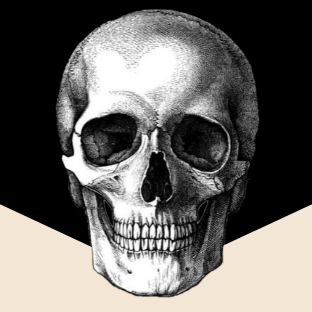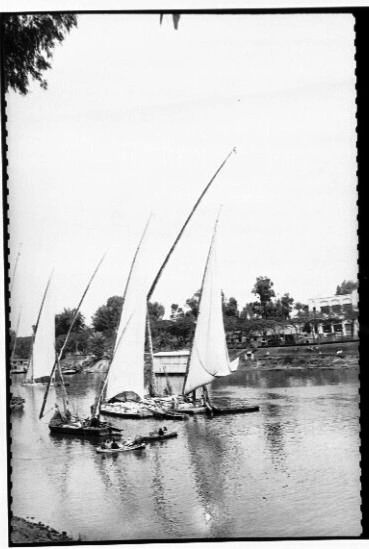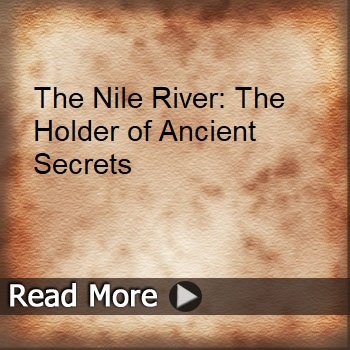Ten years ago,
before the protests,
before the disguised military takeover,
I bought a used photo album
at a bouquiniste along the Nile.
From the 40s, maybe earlier—
skirt lengths and propriety
said it could not be later—
it had a puffed cover
with hand-tinted antique photo
of the banks of the great river,
and black and white images
tenderly held in place
with pasted corner stickers
of faded grey.
Ex-pats—likely British—
posing with drinks in gardens,
on holiday at swimming holes,
in pressed suits and hand-sewn dresses,
in a Cairo unrecognizable,
before the coup, the Free Officers Movement,
before these men and women
—family or friends or comrades in exile—
chose to return
to the comfort of their culture,
or were forced to flee
and leave sentimentality behind.
I wanted to research,
to dive into their world
—foreign and familiar—
to glimpse more directly
into another time, same place,
another culture
within a culture,
to write their collective story
that seemed so unique—
so foolishly discarded.
Two months after our mother died,
my brother and I sifted
through decades of albums, loose photos,
memories—some grand, some banal,
some unknown to us.
In one afternoon,
we divided the stacks between us—
our family captured in emulsion and paper,
tucked behind yellowing cellophane
from corner drugstores,
concerned only with our memories,
with what we wanted to pass
down to friends, children,
other relatives.
Images of laughter, pride,
transitions from child to adult,
from house to house,
from young to old.
Snapshots of the goodness that was there,
that was overwhelmed
(after or in the moment)
by the pain and longing
dominating our family’s small narrative.
We do not photograph the hardness,
the tension between son and father,
mother and self—
there is no need.
Just as we do not document waking
or brushing one’s teeth
or how your skin breathes.
Perhaps, when my British left,
they did not want a memory—
too painful, too beautiful—
of a life they did not really live,
a glorification of a world
that would never exist again.
About the Author
Heather Bourbeau’s fiction and poetry have been published in 100 Word Story, Alaska Quarterly Review, Cleaver, Duende, Francis Ford Coppola Winery’s Chalkboard, Open City, and The Stockholm Review of Literature. She was a contributing writer to Not On Our Watch: The Mission to End Genocide in Darfur and Beyond with Don Cheadle and John Prendergast. She has worked with various UN agencies, including the UN peacekeeping mission in Liberia and UNICEF Somalia.


